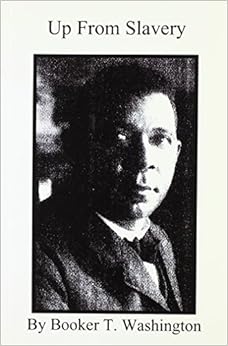

But nonetheless, I thought it was odd."Īround 2015 Calloway received a message from a Cleveland State Community College history professor.

"But I guess maybe I rationalized it or assumed that he was just going there temporarily, that he was going to buy their freedom and bring them to Africa. "Even at a very young age, I always found it confusing that he would leave his wife and family in bondage and go to Africa," Calloway said. Calloway's great-great-great grandfather and namesake, Nathaniel Grant, a former slave who bought his freedom in 1855 and died in Liberia in 1858, thousands of miles away from his wife and nine children. "I'm in awe of it as much as anyone else is, but they accomplished some amazing things that anyone would be compelled to talk about," Calloway said.īut there was one story, one figure in the family whose journey did not make sense.

Those stories were passed down and widely discussed among the descendants. Du Bois, along with helping build schools across the rural South for Black students. Originating in Cleveland, Tennessee, the family crossed paths with the likes of Booker T. The lines connecting Nathaniel Calloway's family tree form a diagram of history alongside some of the nation's most prominent historical figures. Grant was forcibly returned to forced labor to pay for his journey and was deported under a Tennessee law at the time. 25, 2022, Bryan Reed, associate professor at Cleveland State Community College, points to court transcripts from the case of Nathaniel Grant, a free Black man in the 1850s who was sent to Liberia under a court order.


 0 kommentar(er)
0 kommentar(er)
